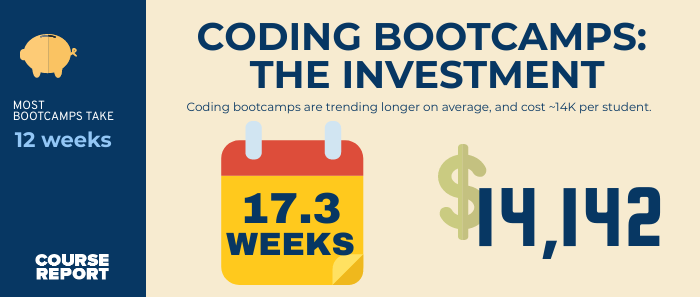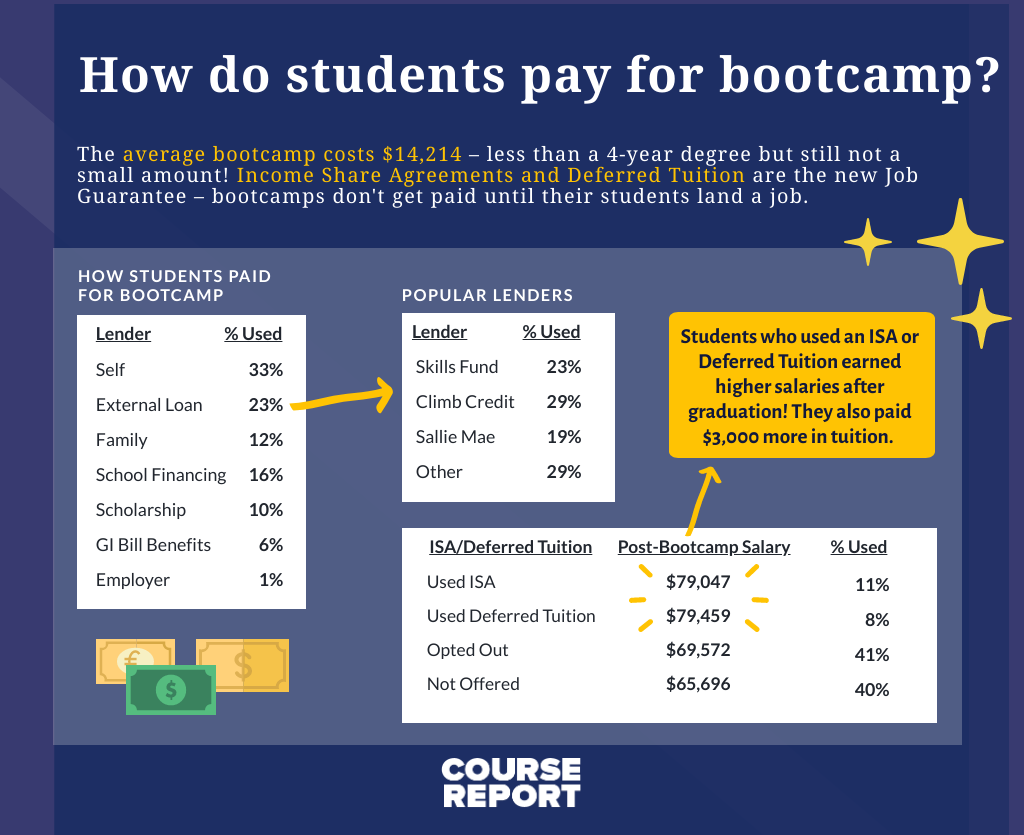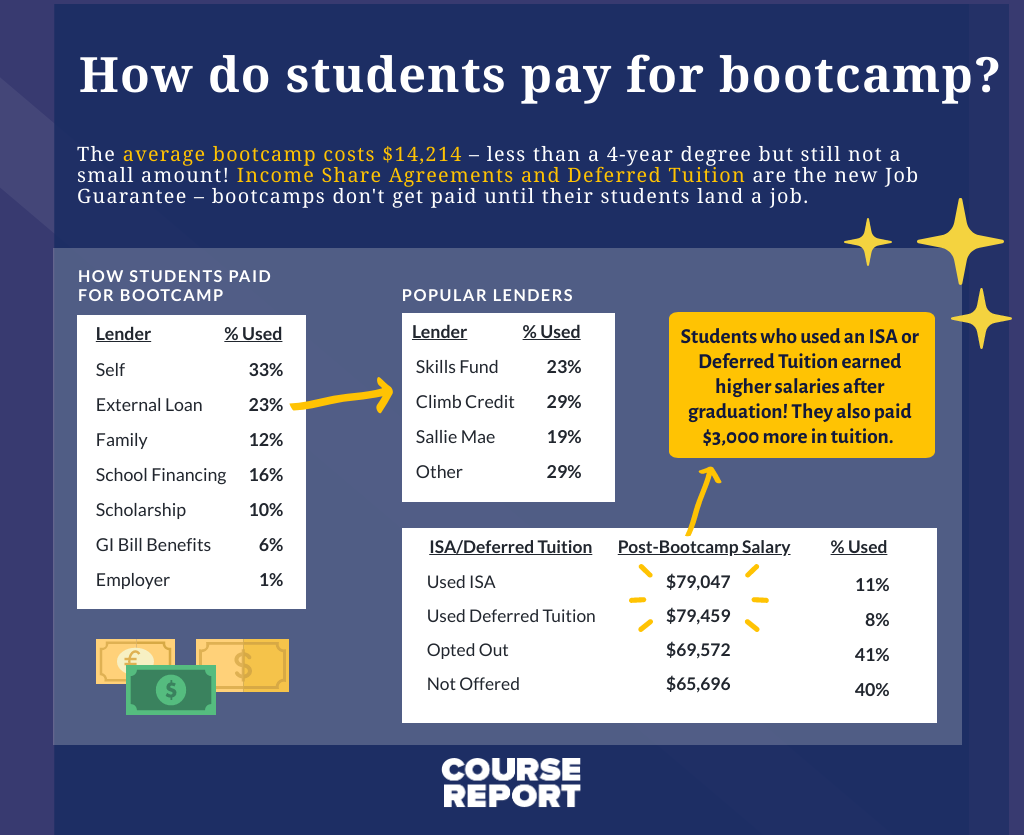Coding Bootcamps as Educational Expenses: Are Coding Bootcamp Tuitions Tax Deductible

Coding bootcamps have surged in popularity as an alternative to traditional college education, offering intensive, shorter programs focused on in-demand tech skills. A key question for prospective students is whether the tuition paid is tax deductible. The answer, unfortunately, isn’t a simple yes or no, and depends heavily on individual circumstances and IRS guidelines.
The deductibility of coding bootcamp tuition hinges on whether the IRS considers the bootcamp an eligible educational institution and whether the course qualifies as an educational expense under the relevant tax laws. Unlike traditional colleges and universities, which automatically meet certain criteria, coding bootcamps must satisfy specific conditions to be considered eligible. This often involves demonstrating the legitimacy of the program, its accreditation (if applicable), and the nature of the instruction provided.
IRS Guidelines on Vocational Training Deductibility
The Internal Revenue Service (IRS) offers deductions for educational expenses under certain conditions, primarily focusing on expenses that maintain or improve job skills. These deductions are not a blanket allowance for all educational expenses. The IRS carefully scrutinizes the purpose of the education. Courses aimed at obtaining a new job in a completely different field are generally not deductible, while courses improving skills within one’s current profession often are. The key is to demonstrate a direct relationship between the training and the taxpayer’s current work. For example, a software engineer attending a bootcamp to enhance their proficiency in a specific programming language relevant to their current role would have a stronger case for deduction than someone switching careers entirely. The IRS also considers the nature of the institution itself; a reputable, established bootcamp with a proven track record would be viewed more favorably than a lesser-known or poorly reviewed program. Furthermore, the expenses must be ordinary and necessary for the taxpayer’s trade or business.
Situations Where Coding Bootcamp Tuition Might Be Deductible or Not
Understanding the nuances of the IRS guidelines is crucial. To illustrate, here’s a breakdown of scenarios where coding bootcamp tuition may or may not be deductible:
- Deductible: A web developer already employed takes a bootcamp course to learn a new, in-demand framework directly applicable to their current job, improving their skills and potentially increasing their earning potential within their existing role.
- Deductible: A software engineer working in a related field (e.g., data analysis) attends a bootcamp to upskill in data science to improve their job performance and prospects within their company.
- Not Deductible: A recent college graduate with no prior tech experience attends a coding bootcamp to gain entry-level skills for a completely new career in software development. This is generally considered job-seeking, not skill enhancement in an existing field.
- Not Deductible: An individual attends a coding bootcamp to pursue a completely unrelated career path, such as transitioning from accounting to software engineering. This falls outside the scope of maintaining or improving skills in their existing profession.
- Potentially Deductible (Requires careful documentation): A self-employed freelance web developer takes a bootcamp course to update their skills, potentially leading to higher earning potential. However, the self-employed individual needs to meticulously document the direct connection between the course and their business income.
It is crucial to consult with a tax professional to determine the deductibility of coding bootcamp tuition in your specific circumstances. The IRS rules are complex, and proper documentation is essential for any potential deduction. The examples provided serve as illustrations and may not cover all possible scenarios.
Self-Employment and Coding Bootcamps

Coding bootcamps can be a significant investment, but for those pursuing self-employment, the expenses may be partially or fully deductible. Understanding the tax implications is crucial for maximizing deductions and minimizing your tax burden. This section will explore how the cost of a coding bootcamp can be treated as a business expense when used to start or enhance a self-employed career.
The tax implications of a coding bootcamp depend heavily on how it directly relates to your self-employment activities. If the bootcamp skills are directly applicable to your business, a significant portion of the tuition fees may be deductible as a business expense. This is different from using a bootcamp to acquire skills for a potential future job, where the deduction might be less clear. The key is demonstrating a direct link between the bootcamp and your self-employment income generation.
Deductibility of Bootcamp Expenses, Are coding bootcamp tuitions tax deductible
To deduct bootcamp expenses, you must demonstrate that the education directly benefits your existing self-employed business or is essential for starting a new one. This means showing a clear connection between the skills learned and the services you provide or intend to provide. Simply taking a bootcamp without a clear business plan or application won’t qualify for business expense deductions. The IRS scrutinizes these deductions, so maintaining thorough records is essential. Examples of deductible expenses include tuition fees, books, software, and any other materials directly related to the course. Conversely, expenses unrelated to the course, such as travel or personal accommodation, are not deductible.
Distinguishing Between Personal and Business Expenses
The line between personal and business expenses can be blurry. For instance, if you attend a bootcamp to learn a new skill for a potential future career, but haven’t yet started a related business, the expenses are likely considered personal. However, if you are already self-employed as a web developer and attend a bootcamp to enhance your skills in a specific area like React development, directly impacting your current client projects, these costs are more likely deductible. Another example: A freelance graphic designer attending a UX bootcamp to improve user interface design skills for their clients would likely have deductible expenses. Conversely, a bootcamp focused on a completely unrelated field, like culinary arts, would not be considered a business expense.
Claiming Deductions on a Tax Return
Deductible bootcamp expenses are generally reported on Schedule C (Form 1040), Profit or Loss from Business (Sole Proprietorship). You will need to carefully categorize your expenses, providing sufficient documentation to support your claims. This documentation includes receipts, invoices, and course syllabi demonstrating the direct relationship between the bootcamp and your self-employment activities. It’s advisable to keep detailed records of all expenses, including dates, amounts, and descriptions. If you have significant deductions, consulting a tax professional is recommended to ensure you are complying with all relevant regulations and maximizing your deductions. They can help you navigate the complexities of tax law and ensure you accurately report your income and expenses. Failure to maintain proper documentation could lead to the IRS disallowing your deductions.


Tim Redaksi